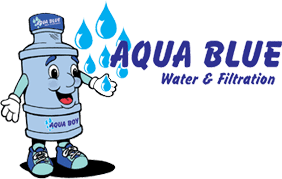Why bottled water?? The threat of harmful contaminants in drinking water can no longer be reasonably ignored. The correlation between contaminated drinking water and many significant diseases and health problems is far too strong to discount. Municipal treatments facilities are not infallible. Children, the elderly, and those individuals who already have weakened immune systems, should drink from bottled water as they are particularly at risk to drinking contaminated water.One of the most volatile drinking water contaminants, chlorine, is actually used as a treatment additive for disinfection. Also, lead, another of the more harmful contaminants, enters drinking water after treatment and cannot be regulated by municipal water systems. Therefore, municipal water systems cannot and should not be trusted to provide healthy, clean drinking water.

